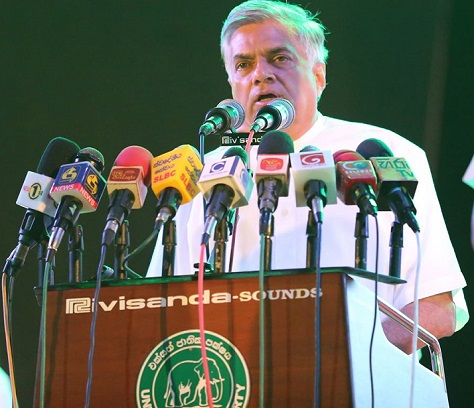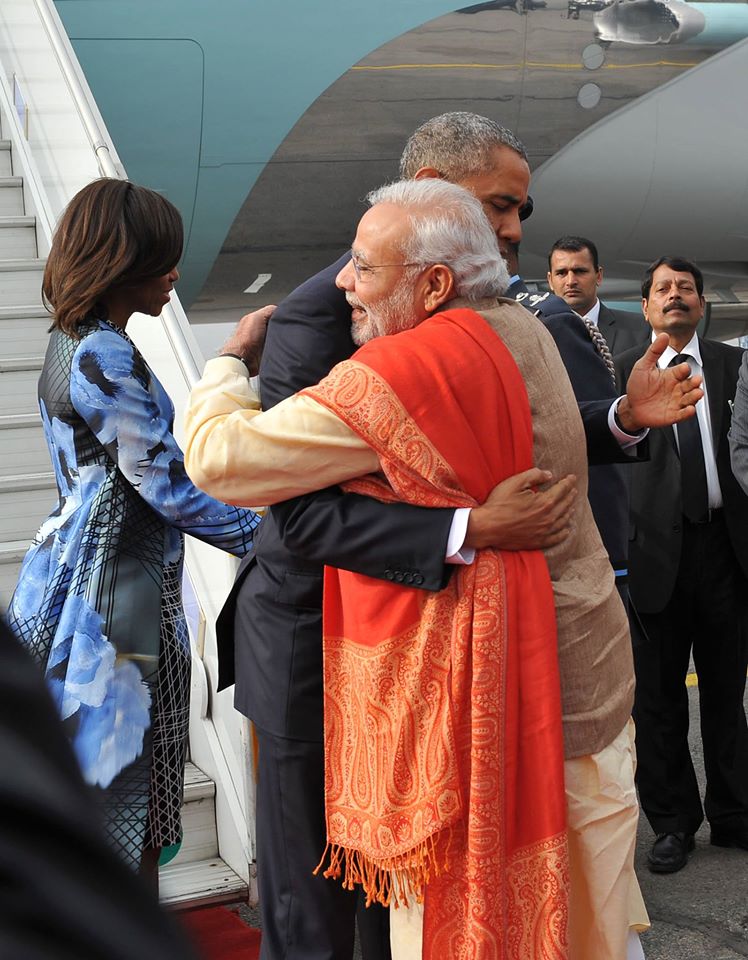
On this week in 2014, Bangladesh’s prime minister Shiekh Hasina was enjoying a hollow reelection, with a supermajority in the Jatiyo Sangsad (জাতীয় সংসদ), Bangladesh’s unicameral parliament. Hasina had pushed forward with elections, despite breaching political trading by refusing to appoint a caretaker government and despite the opposition’s determination to boycott the vote as flawed.![]()
Nearly two decades prior, when Hasina and her Bangladesh Awami League (বাংলাদেশ আওয়ামী লীগ) were in the opposition and boycotted the 1996 elections, the two major parties worked out a compromise for a new vote four months later — a vote that the Awami League went on to win.
After her uncontested victory in January 2014, however, Hasina used the opportunity not to enter into negotiations with her rival, Khaleda Zia, and other leaders of the more Islamist and more conservative Bangladesh Nationalist Party (BNP, বাংলাদেশ জাতীয়তাবাদী দল). Instead, Hasina has spent the past two years working to undermine not only the BNP, but the entire framework of Bangladeshi democracy, however fragile it had been since independence in 1971.
* * * * *
RELATED: Zia indictment won’t help
solve Bangladesh’s political standoff
* * * * *
Today, Hasina’s government has so marginalized the BNP that the seesaw of power between the two parties is far more lopsided than at any time in the past 30 years. Zia has been detained and placed under house arrest for much of the past two years, other top BNP leaders were imprisoned or exiled, the BNP’s hardline Islamist allies Jamaat-e-Islami (বাংলাদেশ জামায়াতে ইসলামী) have been virtually criminalized and some of its leaders, on trial for war crimes from the 1971 war for independence, executed.
Fresh elections are due only in 2018, three years from now, by which time there might not be a robust opposition to wage much of a challenge at all. Continue reading Two years later, Bangladesh needs a real opposition

